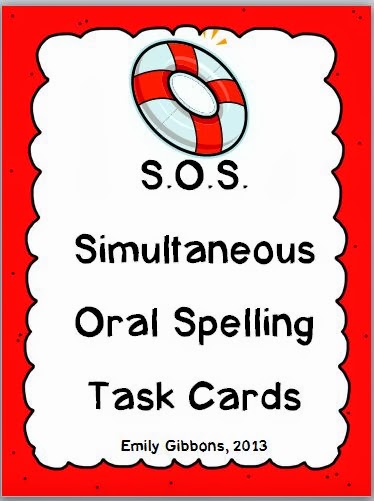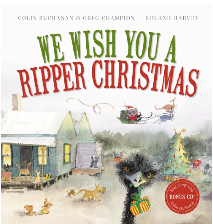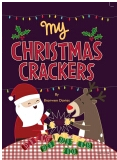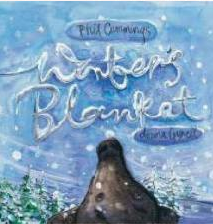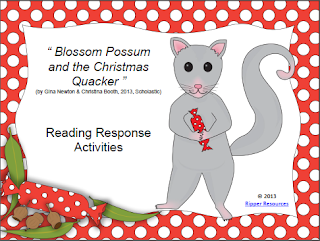Hello, followers!
My name is Rebecca Virgen and I am
a guest blogger and long time follower of Kylie Meyer’s wonderful blog, Ripper Reading Resources.
To introduce myself more thoroughly, I am a graduate
teacher who has been working in QLD Independent Schools for the past year now.
Although my major in my undergraduate studies was special education, I am
interested in all types of exceptionality, and have worked within gifted and
talented programs, developing individual programs and IEP goals for students
identified as requiring enrichment.
My first teaching position is in a
mainstream, Year 5 classroom, and my vision is to develop skills in enriching
all students, while I complete postgraduate studies in gifted education at
Flinders University. I still have a long way to go, but I have fantastic
mentors and many opportunities to develop my skillset.
Over the holidays, I have been developing a program
for a young girl (accelerated to Grade 2 for next year) from one of the schools
I used to work in. I had previously worked with this student, and we developed
a ‘Stop Motion’ project that incorporated creative and critical thinking. Her
dominant learning strengths are reading, writing, and creative pursuits, but
the long-term goal is to develop thinking skills, persistence and resilience.
These skills ensure that the gifted learner makes the most of their potential,
and aims to equip the student with the confidence in their effort, rather than
their intelligence. The reason for developing a higher awareness of the power
of effort over intelligence is because if students believe their ability to
succeed has an innate limitation, such as a fixed cognitive capacity, they will
give up, thus selling their potential short. Believing in their effort,
however, encourages trial and error, reflection, and self-fulfilment. I have
seen this concept in practice and believe it to be true, but it has actually
been proven by extensive research. For more information on this topic, read
‘The Inverse Power of Praise’, Chapter One of ‘Nurture Shock’ by Po Bronson and
Ashley Merryman.
The program itself, in a nutshell, is a scaffolded
project that helps the student become an independent, persistent and
self-reflective learner. I have adapted resources from Learning Highway on TPT (see: http://www.teacherspayteachers.com/Store/Learning-Highway), and created resources for the student's use. The student uses step-by-step
flip-learning techniques (such as YouTube videos), and then success criteria,
to start her own project – an Autobiographical Life Map, which also develops
metaphorical thinking. The idea of using success criteria allows the student to
self-assess their progress as they develop their first draft and final product.
Brainstorming and compartmentalising memory work into categories also helps
with organising ideas and metacognition. The teacher acts as a ‘guide on the
side’ to assist the student as needed, and to praise effort and persistence.
The PowerPoint also provides examples of successful
finished products. This helps the students in emulating a successful piece of
work, and gives them a greater idea of what to strive for. The self-assessment
at the end of the final draft provides explicit self-questioning for the
student to assess their work, and move forward. Once the final copy is finished,
the student then has the option to choose a creative way of sharing. This
provides closure to the project, and also (for this particular student) draws
on creative strengths. The work booklet is a supplement to the PowerPoint and
matches the task requirements. It is my hope that the project is organised well
enough to run smoothly – watch this space!
Thanks so much Rebecca...
To find out more you can contact Rebecca at Rebecca.virgen@hotmail.com or you can check out her blog here: http://rebeccajaynevirgen.wordpress.com
Thanks so much for sharing Rebecca :)
Thanks so much for sharing Rebecca :)







